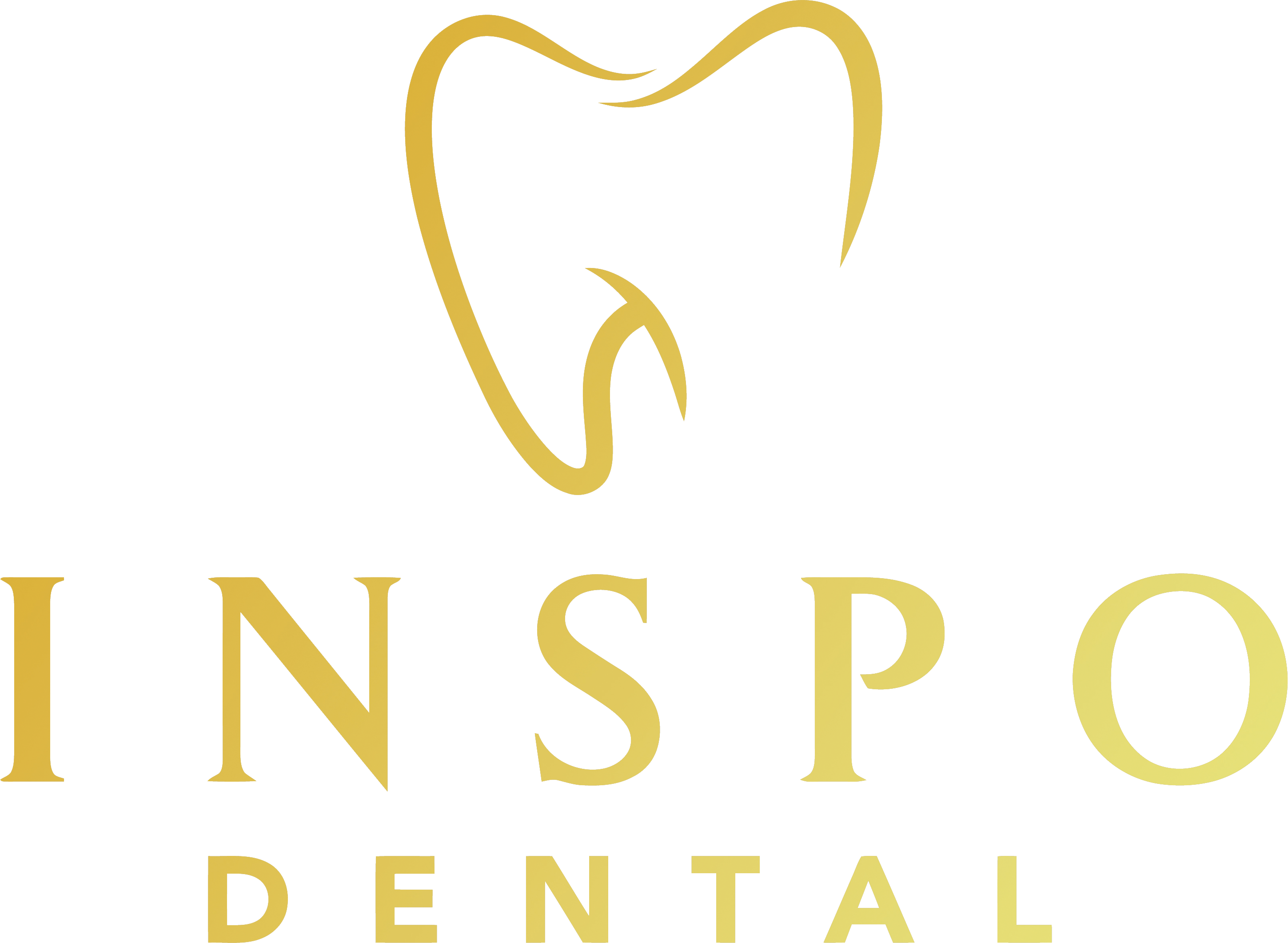TMJ Therapy
READY TO GET STARTED?
ABOUT TMJ THERAPY
Your temporomandibular joint (TMJ) facilitates the smooth movement of your jaw, enabling you to open and close it comfortably. However, issues such as injury or damage to the TMJ can lead to a painful condition known as temporomandibular joint dysfunction or disorder (TMD). If you’re experiencing jaw pain or hearing unusual noises when moving your jaw, it’s essential to seek evaluation from Dr. Dorothy Lee. Located in Red Bank, NJ, our dental practice utilizes state-of-the-art technology to accurately diagnose and effectively treat TMD. Contact our office today to schedule an appointment and explore personalized treatment options for TMJ relief.
ABOUT TMJ THERAPY
TMJ (Temporomandibular Joint) Therapy focuses on diagnosing and treating disorders of the temporomandibular joint, the hinge that connects the jaw to the skull and enables essential functions like chewing, speaking, and yawning. TMJ disorders can cause pain, discomfort, and limited jaw movement due to issues such as jaw misalignment, stress, bruxism (teeth grinding), arthritis, or injury. TMJ Therapy aims to relieve these symptoms, improve jaw function, and restore comfort.
The process begins with a thorough evaluation of your jaw function, bite alignment, and any related symptoms. Depending on the severity and underlying cause, TMJ Therapy may include various non-surgical treatments, such as customized oral appliances (nightguards or splints), physical therapy exercises, and stress management techniques. For those with more persistent pain or jaw misalignment, treatments like muscle relaxation injections or bite adjustments may also be recommended.
TMJ Therapy offers significant benefits, including reduced jaw pain, relief from headaches, improved jaw mobility, and decreased tension in the facial and neck muscles. By addressing TMJ symptoms, therapy enhances daily comfort, protects teeth from grinding-related damage, and supports long-term jaw health. With personalized treatment plans tailored to each patient’s needs, TMJ Therapy provides a lasting solution to managing and alleviating TMJ discomfort, promoting a healthier and more functional smile.
WHAT TO EXPECT
To diagnose temporomandibular dysfunction at Inspo Dental, our dentists prioritize listening to your concerns before conducting a thorough mouth examination. Dr. Dorothy Lee will assess the movement of your jaw and carefully examine for signs of inflammation, misalignment, teeth grinding, and jaw clenching. Utilizing digital dental imaging, we can uncover underlying causes that inform your personalized treatment plan. Depending on the severity of the issue, TMJ therapy options may include oral appliances like mouth or night guards, bite adjustment, orthodontics, or dental restorations such as crowns or bridges. Additionally, our dentists will offer strategies for managing pain and other symptoms at home, ensuring comprehensive care for your TMJ issues.

WHAT ARE THE BENEFITS OF TMJ THERAPY?
Temporomandibular joint pain can significantly disrupt daily activities and indicate potential future issues. At Inspo Dental in Red Bank, NJ, under the care of Dr. Dorothy Lee, treating TMJ pain offers numerous benefits, including:
- Alleviating jaw, neck, and facial pain.
- Reducing the frequency and intensity of headaches.
- Diminishing clicking or popping sensations in the jaw.
- Lowering the risk of tooth damage associated with grinding.
- Improving jaw mobility for smoother movement.
- Enhancing both the function and appearance of your teeth.
- Facilitating easier eating and chewing.
- Promoting better quality sleep by addressing underlying TMJ issues.
WHAT TO EXPECT WHEN GETTING TMJ THERAPY?
01
Initial Consultation and Evaluation
- Symptom Assessment: Your dentist or TMJ specialist will discuss your symptoms, such as jaw pain, clicking, headaches, and neck or ear discomfort, to understand the impact on your daily life.
- Examination and Diagnostic Imaging: The dentist will examine your jaw movement, bite alignment, and facial muscles. Diagnostic imaging, like X-rays, CT scans, or MRIs, may be used to assess the joint structure and identify any issues with the TMJ.
02
Customized Treatment Plan
- Diagnosis and Treatment Recommendations: Based on the evaluation, your specialist will develop a personalized treatment plan tailored to your needs. The plan may include a combination of therapies and at-home care recommendations, depending on the severity and cause of your TMJ disorder.
- Treatment Duration: TMJ therapy may last from a few weeks to several months, depending on the chosen treatment and your specific condition. Your provider will outline a general timeline for expected improvements.
03
Oral Appliance Therapy (Nightguards or Splints)
- Fitting for a Custom Oral Appliance: If bruxism (teeth grinding) or jaw clenching is a factor, a custom-made nightguard or splint may be recommended. The appliance is designed to fit comfortably over your teeth, reducing stress on the jaw and protecting teeth from wear.
- Appliance Wear and Care Instructions: You’ll receive instructions on how and when to wear the appliance, typically at night, and how to care for it to keep it in optimal condition.
04
Physical Therapy and Jaw Exercises
- Guided Exercises: In some cases, your dentist may recommend specific jaw exercises to improve joint mobility, strengthen the jaw muscles, and reduce tension. These exercises can relieve pain and promote smoother jaw movement.
- Physical Therapy Referrals: For more intensive cases, a referral to a physical therapist specializing in TMJ disorders may be provided. Therapy may include manual manipulation, ultrasound therapy, or stretches designed to target facial and neck muscles.
05
Lifestyle Modifications and Stress Management
- Stress Management Techniques: Since stress can contribute to TMJ symptoms, your provider may recommend relaxation techniques such as deep breathing, meditation, or counseling. Reducing stress helps minimize clenching and grinding habits.
- Dietary Adjustments: You may be advised to eat softer foods and avoid tough or chewy items (like gum and sticky candy) that can strain the TMJ. Avoiding these foods can reduce stress on the joint and support the healing process.
06
Pain Management Options
- Over-the-Counter Medication: For mild pain, you may be advised to use non-prescription pain relievers or anti-inflammatory medications to reduce inflammation and discomfort.
- Muscle Relaxants or Anti-Inflammatory Injections: For more severe cases, your specialist may recommend muscle relaxants or injectables that target TMJ-related muscles, relieving tension and allowing for better jaw movement.
07
Bite Adjustment and Orthodontic Treatment (If Needed)
- Bite Alignment Check: If your bite alignment is a contributing factor, adjustments to the bite may be recommended. This may involve minor tooth reshaping or, in some cases, orthodontic treatment to improve the positioning of your teeth and jaw.
- Orthodontic or Restorative Options: If significant misalignment or dental issues are involved, braces, aligners, or dental restorations may be suggested as part of a longer-term solution.
08
Follow-Up Appointments and Monitoring
- Progress Check-Ups: Regular follow-ups are essential for monitoring your progress and making adjustments to the treatment plan as needed. These visits allow your specialist to assess symptom improvement and make necessary modifications to enhance effectiveness.
- Ongoing Adjustments: If you are using an oral appliance or undergoing bite adjustments, additional appointments may be scheduled to ensure continued comfort and correct fit.
09
Long-Term Maintenance and Self-Care
- At-Home Care: After completing the primary treatment, you may be advised on at-home care strategies, such as ongoing jaw exercises or stress management, to prevent symptom recurrence.
- Routine Dental Visits: Regular dental visits are essential to monitor TMJ health and address any early signs of issues that may arise over time, helping you maintain the benefits of therapy.
WHAT ARE THE BENEFITS OF TMJ THERAPY?
Reduces Jaw Pain and Discomfort
Relieves Headaches and Migraines
Decreases Neck, Shoulder, and Facial Pain
Improves Jaw Mobility and Function
Reduces Teeth Grinding and Clenching (Bruxism)
Prevents Further Dental Damage
Alleviates Ear Pain and Tinnitus
Improves Sleep Quality
Prevents Progression of TMJ Disorders
Enhances Daily Comfort and Quality of Life
Supports Better Facial Symmetry and Jaw Alignment
Reduces Stress-Related Symptoms
Protects Dental Restorations
Promotes Long-Term Oral Health
Non-Invasive Pain Relief Option
Boosts Self-Confidence and Comfort in Social Interactions
Customizable to Individual Needs
Increases Awareness of Oral Habits
Minimizes the Need for Pain Medication
Encourages Healthy Daily Routines
Supports Proper Head and Neck Alignment
Encourages a Balanced Diet
Improves Digestive Health
Minimizes Wear on Jaw Muscles and Tendons
Reduces Risk of Arthritis in the Jaw Joint
Provides Relief from Secondary Symptoms
Non-Addictive Alternative to Pain Management
Improves Jaw Strength and Stability
Enhanced Quality of Life in Daily Activities
Assists with Stress Management and Relaxation
Long-Lasting, Preventive Health Benefits
Empowers Patients with Self-Care Techniques
Supports Healthy Sleep Patterns
Reduces Likelihood of Bruxism-Induced TMJ Disorder
Customizable for Individual Needs and Preferences
Less Invasive Than Surgical Options
Offers Peace of Mind
HOW TO KNOW YOU NEED TMJ THERAPY
01
Frequent Jaw Pain or Tenderness
02
Jaw Clicking, Popping, or Grinding Sounds
03
Locking or Limited Jaw Movement
04
Headaches or Migraines Related to Jaw Tension
05
Pain or Pressure Around the Ears
06
Teeth Grinding or Clenching (Bruxism)
07
Neck, Shoulder, or Upper Back Pain
08
Facial Pain or Tension in the Cheeks
09
Difficulty Chewing or Biting
10
Frequent Morning Soreness in the Jaw
11
Changes in Bite or Tooth Alignment
12
Tooth Sensitivity or Wear
13
Persistent Ear-Related Symptoms Like Tinnitus
14
Chronic Stress or Anxiety Leading to Jaw Tension
15
Dizziness or Balance Issues Related to Jaw Position
16
Worn-Out or Damaged Dental Restorations
17
Recommendations from a Dentist or Specialist
Consulting a Professional
Featured
REVIEWS
Inspo Dental exceeded my expectations! The team's professionalism and attention to detail made my teeth-whitening experience truly exceptional. I now smile with newfound confidence. Thank you, Inspo Dental!
As a healthcare professional, I value expertise and personalized care. Inspo Dental provided both seamlessly. From my comprehensive check-up to restorative work, their commitment to excellence is unmatched.
Inspo Dental is my go-to for family dental care. The team's friendly approach and commitment to creating a positive environment make dental visits stress-free. My kids actually look forward to their check-ups!
The precision in orthodontic care at Inspo Dental is remarkable. I opted for clear aligners, and the results speak for themselves. The team's expertise and dedication to my smile transformation were truly inspiring.
Contact
Inspo Dental
146 Maple Avenue
Red
Bank, NJ 07701
Hours Of Operation:
Monday 9:00am – 7:00pm
Tuesday 9:00am – 6:00pm
Wednesday Closed
Thursday 9:00am – 6:00pm
Friday 9:00am – 5:00pm
Saturday Closed
Sunday Closed


